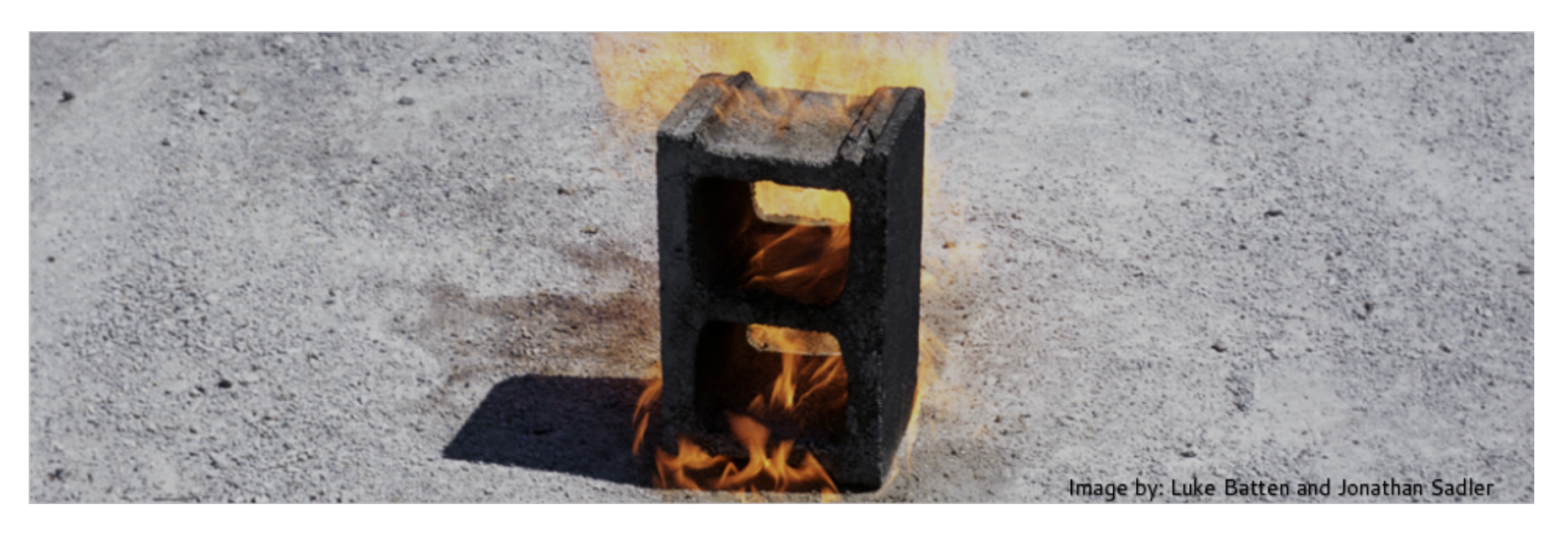Apr 28, 2023 1:15 pm
Kevork Mourad was born in Syria, studied art in Yerevan, Armenia, and now lives in upstate New York. His intensely evocative, beautiful work explores migration, memory, and place; trauma, community, and isolation. History and its often violent over-writing, the competing claims of inheritance and presence, the motherland and the currentland. Time, engagement, and distance. He collaborates with dancers, musicians, and other visual artists to create stunning multimedia projects. He has worked with Yo-Yo Ma, Kinan Azmeh, Kim Kashkashian, and exhibited and/or performed at Carnegie Hall, The Art Institute of Chicago, The Metropolitan Museum of Art, Tabari Art Space in Dubai, and many other august museums and performance spaces all over the world.
His projects invite us to see and feel the spaces he evokes but also to come in, to experience your own—our own—memories, reactions, and emotions as we travel through the work. As Kevork said in one of his many videos (and I urge you to check out his website which offers a vast archive of at least some of his myriad projects), “I’m interested in knowing what you’re going to feel when you are in front of the piece, as a citizen of the world.”

